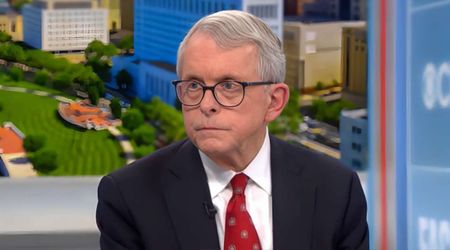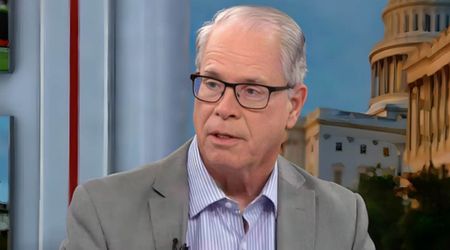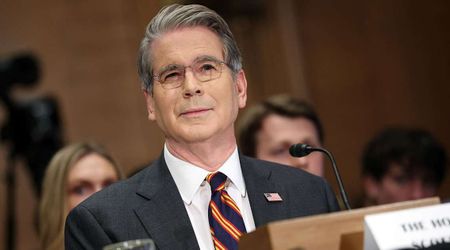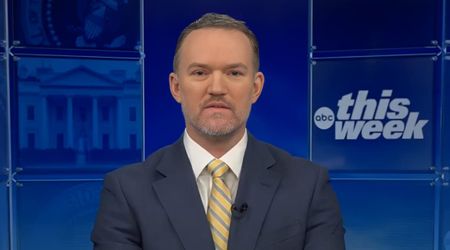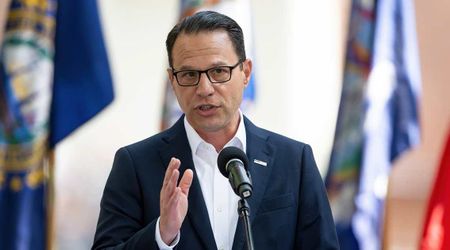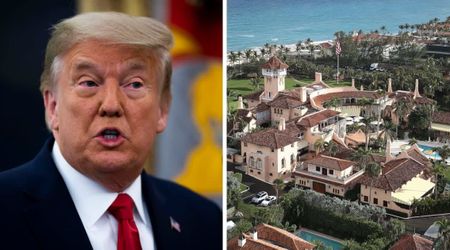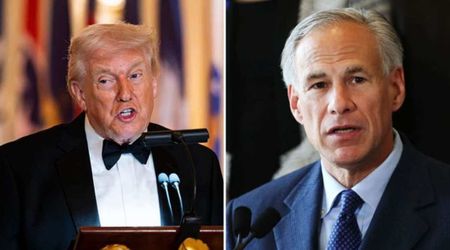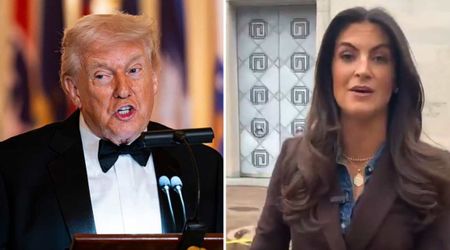Trump 'angry' at Putin over comments about removing Zelensky as he threatens Russia with tariffs

WASHINGTON, DC: It looks like Donald Trump is fuming at Vladimir Putin.
The US president didn’t hold back when reacting to his Russian counterpart’s latest comments about Ukrainian President Volodymyr Zelenskyy, saying he was “very angry” and downright “pissed off” over the Russian leader questioning Zelensky’s credibility.
According to Trump, Putin’s words were “not going in the right location.”
Trump 'pissed off' by Putin
On Friday, AFP reported that Putin suggested Ukraine should have a transitional government - a move that could effectively push Zelensky out.
In an early-morning phone call with NBC News on Sunday, March 30, Trump made it clear that if peace talks with Russia don’t go his way, he’s got a plan that involves hitting Russia where it hurts.
“If Russia and I are unable to make a deal on stopping the bloodshed in Ukraine, and if I think it was Russia’s fault — which it might not be— but if I think it was Russia’s fault, I am going to put secondary tariffs on oil, on all oil coming out of Russia,” he declared.

Trump doubled down, explaining exactly how these tariffs would work.
“That would be that if you buy oil from Russia, you can’t do business in the United States,” he said. “There will be a 25% tariff on all oil, a 25- to 50-point tariff on all oil.”
But Trump hasn’t exactly been a Zelensky fanboy either. He went off on the Ukrainian president at one point, saying he was “sick” of the way Zelensky was handling the war and even called him a dictator.
Trump’s tariff play against Russia
For some context, President Joe Biden had already banned Russian oil imports soon after Russia invaded Ukraine in 2022.
Since then, Russian oil flowing into the US has practically vanished, dropping to just 10,000 barrels in 2023, per the US Energy Information Administration.
But Trump wants to take it further. He’s been tossing around the idea of “secondary tariffs” - a move he already pulled with Venezuela.
In a Truth Social post, Trump announced similar tariffs on countries that purchase oil and gas from Venezuela - and now he’s setting his sights on Russia.
This could shake things up big time for major Russian oil buyers like China, Turkey, Brazil, and India.
If Trump applies the same definition of secondary tariffs he used for Venezuela, these countries could be in for some serious economic headaches.
Ceasefire negotiations between Russia and Ukraine
It's worth noting that Trump made ending the war in Ukraine one of his biggest foreign policy promises. His second term has already seen meetings between US, Ukrainian, and Russian officials, and just last week, Ukraine and Russia agreed on a partial and limited ceasefire.
The deal allows for safe navigation in the Black Sea and a halt to attacks on each other’s energy facilities - a move that signals some progress but definitely not a full resolution.
Still, Trump’s making sure Putin knows what’s at stake. “There will be a 25% tariff on oil and other products sold in the United States, secondary tariffs,” Trump warned, adding that these tariffs on Russia would hit within a month if a more solid ceasefire deal isn’t reached.
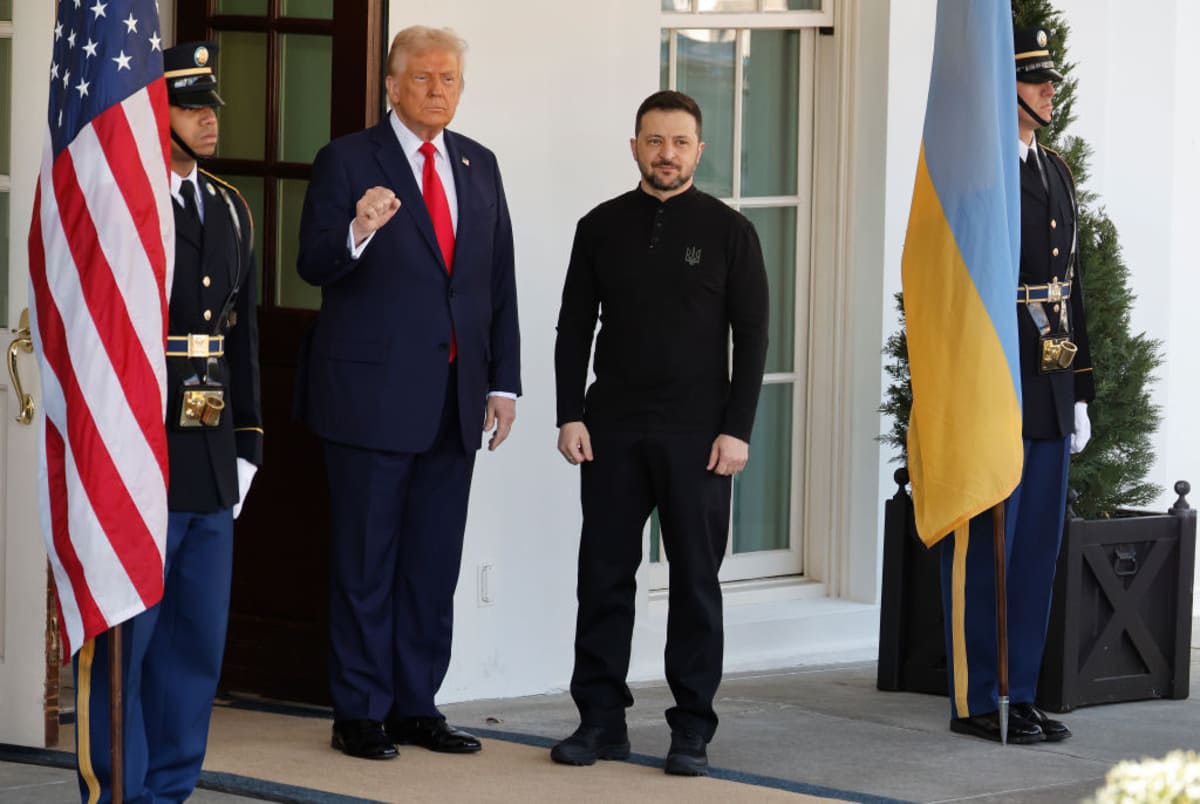
And despite his anger, Trump made it clear that he and Putin still have their back-and-forth relationship. “The anger dissipates quickly... if he does the right thing,” Trump said, adding that he still has “a very good relationship” with the Russian leader.
They plan to talk again this week.
Trump vs Iran
While Trump was busy making threats to Russia, he also had some choice words for Iran.
In a separate phone interview with NBC News on Saturday night, Trump threw down an ultimatum - make a deal with the US over its nuclear program or face the consequences.
“If they don’t make a deal,” he warned, “There will be bombing. It will be bombing the likes of which they have never seen before.”
Trump revealed that US and Iranian officials are currently “talking.”
But, Iran isn’t exactly rolling out the red carpet.
On Sunday, Iranian President Masoud Pezeshkian officially rejected direct negotiations with the United States regarding its nuclear program. This was Iran’s first response to a letter Trump had sent to Iran’s supreme leader.
This article contains remarks made on the Internet by individual people and organizations. MEAWW cannot confirm them independently and does not support claims or opinions being made online

